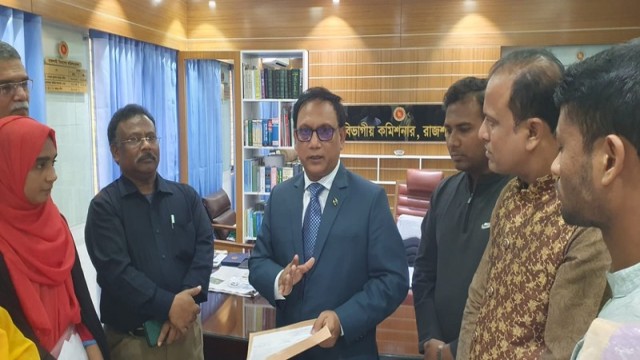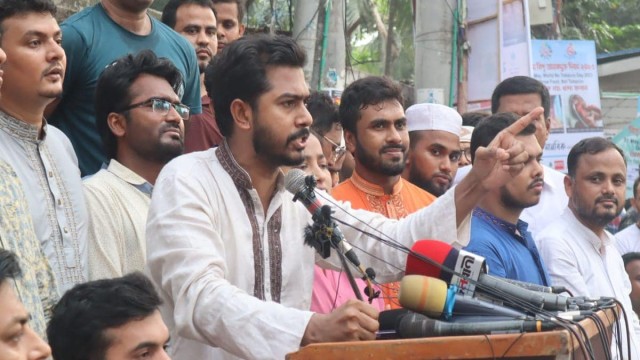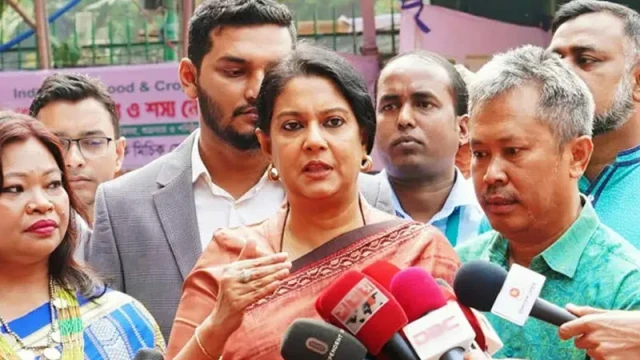Gazipur, Nov 29, (V7N) - Dr. Salehuddin Ahmed, Finance Adviser to the Government of Bangladesh, emphasized the need for a triangular approach to Public Financial Management (PFM), which integrates efforts from the public sector, private sector, and citizens to ensure that financial services are efficient, transparent, and accountable.
Speaking as the chief guest at the ‘Review Workshop on the 3rd PFM Reform Strategy 2025-2030’ at a training center in Gazipur, Dr. Ahmed noted that the primary obstacle in Bangladesh’s financial management system is the institutional capacity. He said, “We have good programs and plans, but we must focus on implementation by aligning these with our institutional capacity and commitment.”
The workshop was organized by the Finance Division with support from the World Bank, and its purpose was to finalize technical notes based on insights from 31 consultation workshops held over recent months. The event was chaired by Finance Secretary Dr. Md. Khairuzzaman Mozumder. Also speaking at the workshop were Bilquis Jahan Rimi, Additional Secretary at the Finance Division, and Suraiya Zannath, Lead Governance Specialist for Financial Management at the World Bank.
In his address, Dr. Ahmed emphasized that the third PFM reform strategy must be actionable, straightforward, and tailored to address the specific challenges faced by Bangladesh. He called for effective collaboration between all stakeholders to ensure that reforms lead to tangible improvements.
Dr. Khairuzzaman Mozumder highlighted the government’s progress in public financial reforms, citing specific examples like the automation of salary disbursement and pension management systems. He noted that automation has greatly improved efficiency and transparency, with electronic fund transfers now ensuring that salaries are paid on the first day of every month, down from the 8-9 days it used to take. Additionally, the Government-to-Person (G2P) payment system has enabled corruption-free social safety net programs.
Dr. Ahmed further emphasized that PFM is central to achieving Bangladesh's fiscal discipline, macroeconomic stability, and sustainable development goals. Effective strategic resource allocation across sectors such as agriculture, industrialization, and services will drive inclusive growth.
As the country prepares its third PFM Reform Strategy, Dr. Ahmed stressed the importance of reflecting on previous reforms, identifying gaps, and focusing on efficient use of public funds. The strategy should focus on three types of reforms: process reforms for efficiency, structural reforms for modernization, and institutional reforms to strengthen governance.
The workshop also discussed the importance of a clear action plan to ensure that the PFM reforms are cost-effective, with clarity in implementation. Ownership and commitment to the reform strategy will be key in ensuring its success. The ultimate goal is to create a robust PFM system that helps Bangladesh build a prosperous and sustainable future.
Bangladesh’s ongoing efforts to reform its public financial management system are pivotal to achieving long-term economic stability and inclusive growth. The participation of all stakeholders and a commitment to effective implementation will be critical in achieving these goals.































Comment: